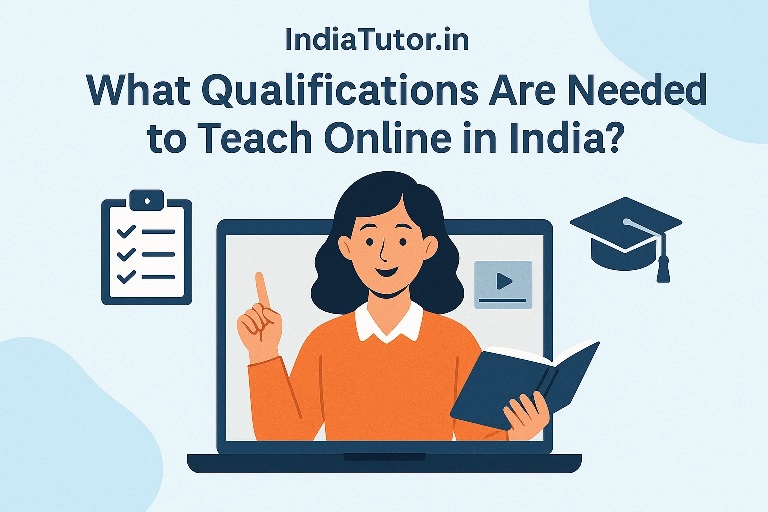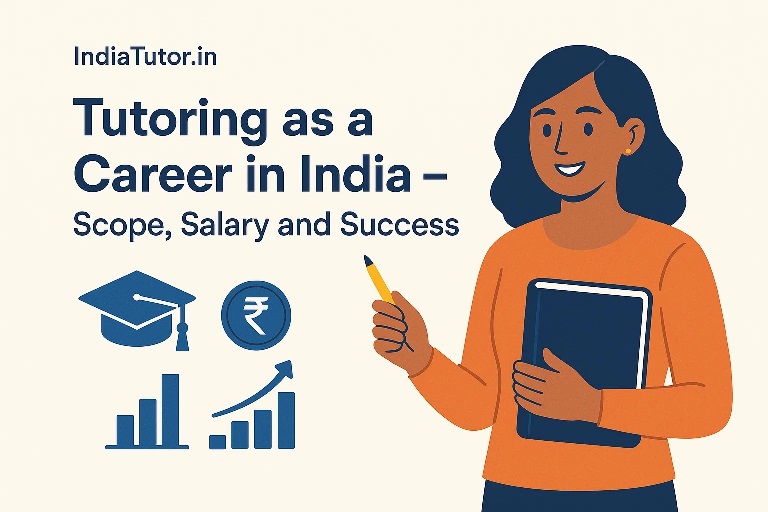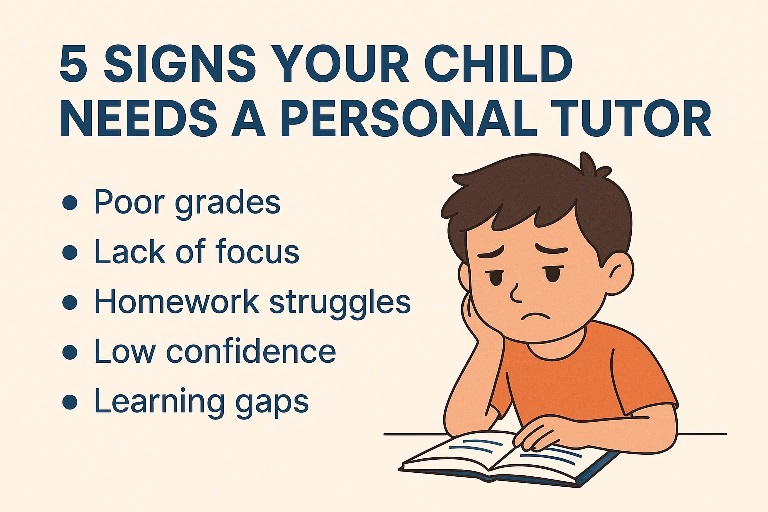Online education in India has grown very fast in the last few years. From school subjects and coding to spoken English and hobby classes, more and more people are learning online. Because of this, the need for good online tutors is now very high.
But many people ask: What do you need to become an online tutor in India?
Whether you want to become a tutor or you’re a parent looking for one, it’s important to know what qualifications matter. This guide will help you understand everything in a simple and clear way.
1. Basic Education Qualifications
There’s no fixed rule for becoming an online tutor. But most parents and online platforms look for some basic education background.
For Classes 1 to 10 (Primary and Secondary):
Minimum: Bachelor’s Degree (like BA, B.Sc, B.Com)
Better to Have: B.Ed or D.El.Ed (for primary school tutors)
Important: You must know the CBSE, ICSE, or NCERT syllabus well
For Classes 11 and 12 (Senior Secondary):
Minimum: Master’s Degree in the subject you want to teach
Better to Have: M.Ed or similar teacher training certification
Bonus: If you’ve cleared exams like IIT-JEE or NEET, it adds great value
For Hobby or Skill-Based Courses (like Coding, Music, Yoga):
No strict degree required
Certifications or real-world experience is usually enough
What matters most is your practical knowledge and how well you teach
2. Technical Skills You Need for Online Tutoring
Online teaching is different from classroom teaching. You need to be comfortable using some basic digital tools.
Important Tech Skills:
How to use Zoom, Google Meet, or Microsoft Teams
Use of online whiteboards like BitPaper or Jamboard
Knowing platforms like Google Classroom or Moodle
Creating and sharing slides, PDFs, videos, and quizzes
Tip: You can learn these for free on websites like Coursera, Udemy, or YouTube.
3. Certifications That Can Help (But Not a Must)
You don’t always need a certificate, but having one can make you stand out—especially if you’re applying to companies like BYJU’S, Vedantu, or WhiteHat Jr.
Useful Certifications:
| Certification | Why It’s Useful |
|---|---|
| B.Ed / M.Ed | Helps with school-level teaching |
| TEFL / TESOL | Good if you want to teach English online |
| CTET / TET | Useful for teaching in schools |
| Online Teaching Courses | Shows you understand how to teach online |
4. Soft Skills Are Very Important
Even if you have the right degree or certificate, what truly matters is how you teach. Parents and students like tutors who:
Speak clearly and explain patiently
Understand that every student learns differently
Are always on time and prepared
Make learning fun and easy
Good tutors connect with students and make learning stress-free.
5. Do You Need to Register Anywhere?
If you’re teaching through a platform like IndiaTutor.in, you don’t need any license. But:
You should have valid education certificates and ID proof
Some platforms might ask you to give a demo class
GST registration is not needed unless you are running it like a business
6. Can College Students or Homemakers Teach Online?
Yes! Absolutely. Many tutors are college toppers, retired teachers, or homemakers who want to teach part-time. You can teach if you:
Know your subject well
Can explain in a simple way
Have basic tech and communication skills
Many part-time tutors at IndiaTutor.in teach students in India and abroad.
My Thoughts
Online tutoring in India is not just a part-time job—it’s a growing profession. While degrees and certificates are important, what really matters is your passion, teaching style, and how well you connect with students.
If you love teaching, are willing to learn, and can guide students with patience—you’re ready to start your journey as an online tutor.
Join IndiaTutor.in and start helping students all over the world.
Written by Nidhi Mehta
Founder – IndiaTutor.in






